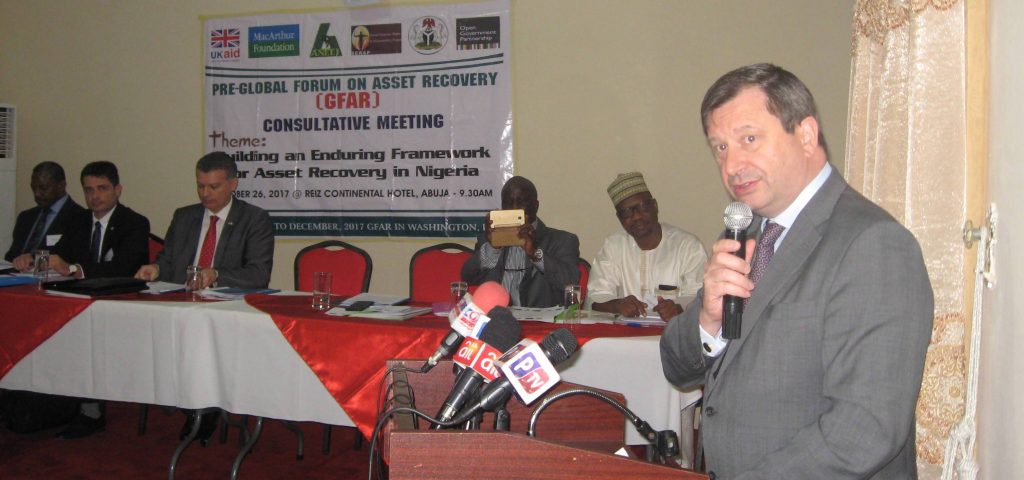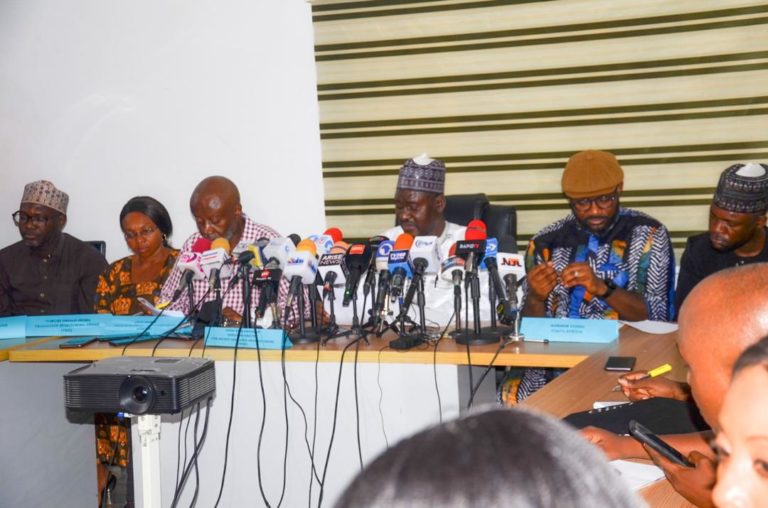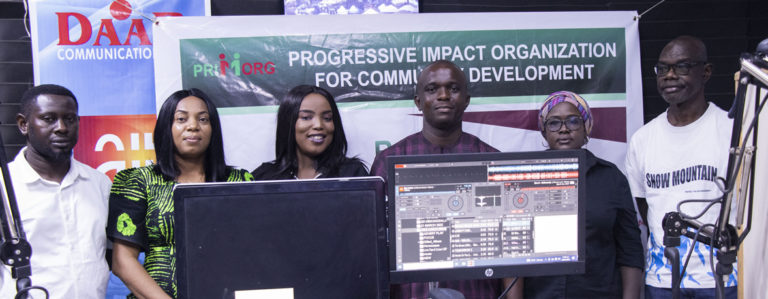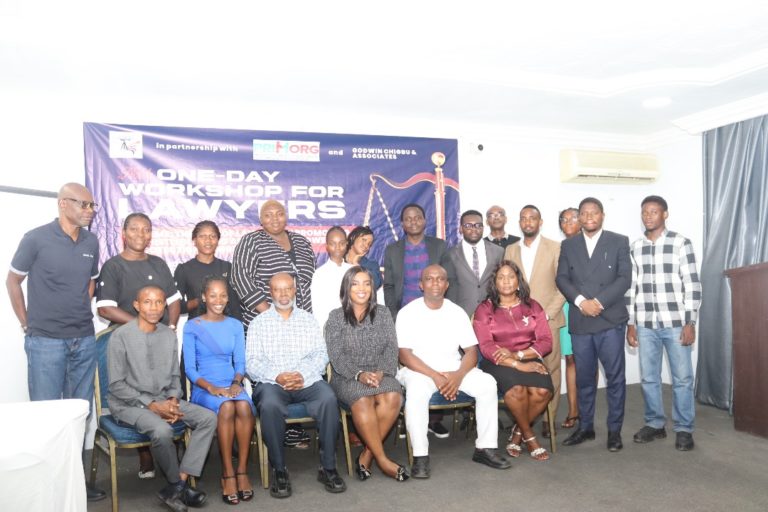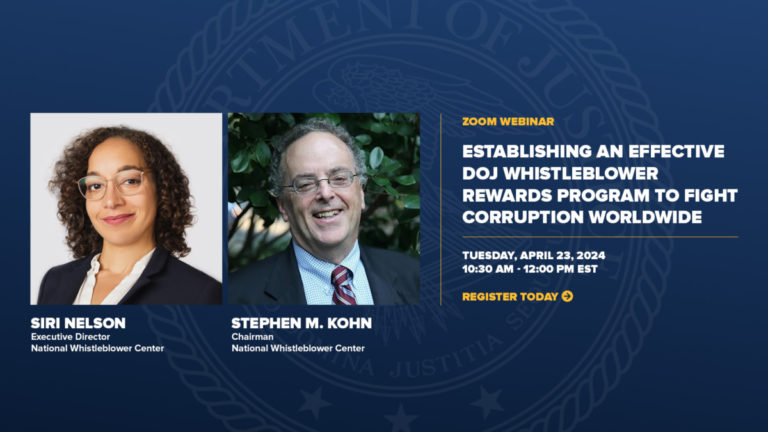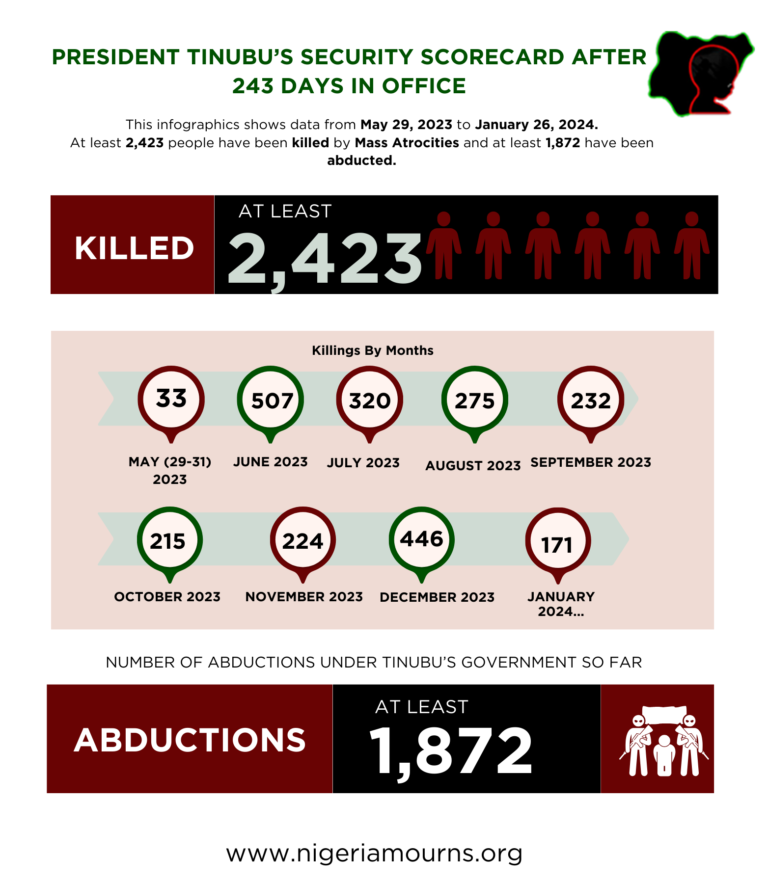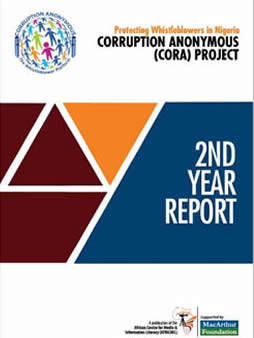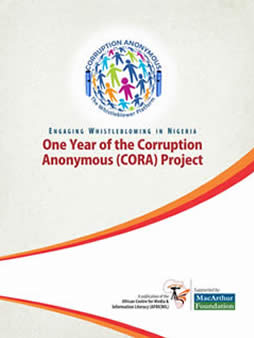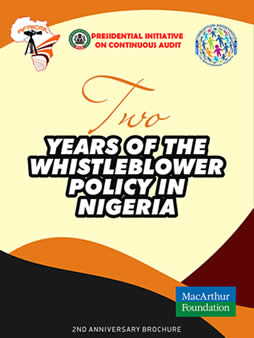Press Release
The recently concluded Global Forum on Asset Recovery (GFAR) that took place in Washington, DC, sealed the return of stolen assets worth $321 million looted by the late former Head of State, Gen. Sani Abacha and his family.
The assets will be repatriated from the Swiss Government to Nigeria under the auspices of the World Bank. Selected Nigerian Civil Society Organizations (CSOs) have co-signed a memorandum of understanding, which recognizes the right and duty of CSOs to monitor the utilization of the repatriated funds.
While CISLAC commends this deal, it calls on the Government for urgent expedition of asset recovery management guidelines and greater transparency in the end-use of recovered assets.
The anti-corruption summit in London in 2016 prompted the government to make two specific commitments in regards to asset recovery: i) Strengthening of the asset recovery legislation through the passing of the Proceeds of Crime Bill to provide for transparent management of returned assets and non-conviction based approach to asset recovery, ii) Developing internationally endorsed guidelines for the transparent and accountable management of returned stolen assets.
We are concerned that, despite some progress, no significant breakthrough has been achieved on the two commitments. We note that the Economic Financial Crime Commission (EFCC) disclosed, during the 7th Session of the Conference of the States Parties to the United Nations Convention Against Corruption (UNCAC) held in Vienna in November 2017, that 2.9 billion USD have been recovered between May 2015 and Oct. 20, 2017. This sum represents around 12% of the entire proposed 2018 federal budget.
We observe that there is little information and absence of clear guidelines on how these recovered assets are utilized to compensate the victims of ongoing looting of public resources and for the benefit of the citizens.
Despite the undeniable progress on recovered assets domestically and internationally, the management of recovered assets still operates under fractioned legislative framework and unclear or absent policy guidelines. The mandates of a number of anti-corruption agencies in regards to the asset recovery management overlap. It remains unclear, which of the many anti-corruption institutions takes a lead in the coordination of asset recovery efforts. Crucial legislature with a potential to establish an acceptable asset recovery management framework such as the Proceeds of Crime Bill (2014) is stalled without explanation.
The recent suspension of Nigeria from the elite EGMONT group of financial intelligence agencies is ample evidence of chaotic institutional structure in the anti-corruption domain beset by inexplicable inter-agency rivalry and lack of coordination of the anti-corruption effort.
It is worrisome that there is no independent, comprehensive review of how many assets could be repatriated from all agencies with the power to seize assets. Importantly, there has been almost no verifiable information on the end-use and the impact of reinvested assets.
We demand that clear guidelines are established on the use of recovered assets with priority given to the health and education sector. This can be done through supplementary appropriation Bill to the National Assembly.
We call for a policy framework to set up integrity trust fund to manage asset recovery proceeds with involvement of credible CSOs and honest Nigerians with the case of the recent $321 million return as a worthy precedent.
International jurisdictions which harbour estimated $5 billion of Nigerian stolen assets must engage the Nigerian government without delay and in a transparent manner so that proceeds of corruption can benefit, especially the 61% of Nigerian living in abject poverty. There is no excusable reason for keeping Nigerian assets abroad and in secrecy.
The breakdown of confiscated assets must be published by all mandated agencies without any delay to disperse the public suspicion of re-looting of looted assets. A comprehensive asset recovery policy must stipulate the handling of various types of assets including perishable assets.
The judiciary must put a preference to civil proceedings, especially non-conviction based confiscation in absentia of accused in the context of the inability to prosecute corrupt politically exposed persons and others in criminal court trials.
We demand setting up clear policy actions on asset recovery in the wake of the concluded GFAR by the current administration. The inclusion of CSOs in the nation-wide discussion on the management and the end-use of recovered assets is imperative.
Signed:
Auwal Ibrahim Musa (Rafsanjani)
Executive Director, CISLAC

